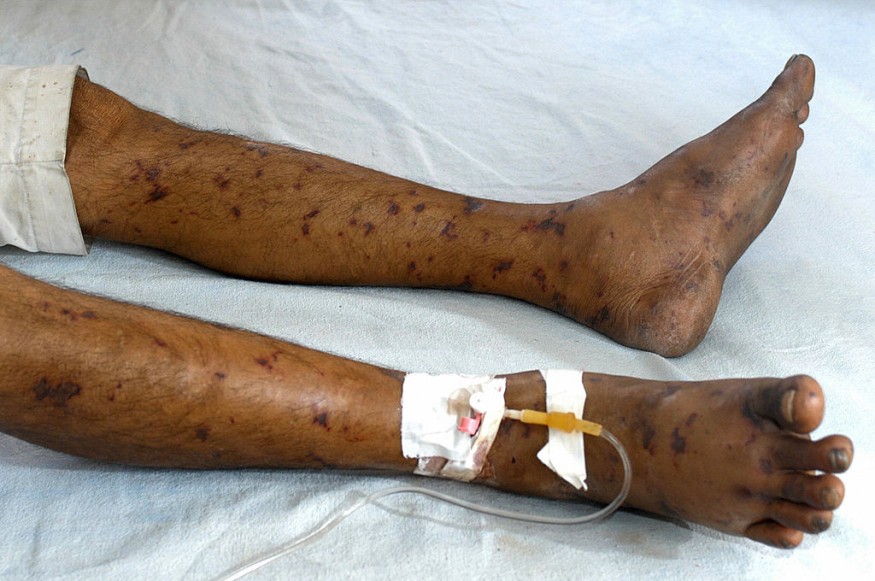
Doctors in India are facing a rash of antibiotic-resistant "superbug infections," a disease that directly caused 1.27 million deaths worldwide in 2019.
According to the BBC, the western Indian state of Maharashtra is currently facing a pandemic of antibiotics-resistant superbugs.
Due to this resistance, antibiotics did not work on most of the infections at the 1,000-bed Kasturba Hospital.
A global report said that millions are already dying from drug-resistant infections.
The largest study to date mentions malaria and AIDS among the causes of the annual death toll, in which India is one of the country's worst hits.
Doctors call the "antimicrobial resistance" responsible for the deaths of nearly 60,000 newborns annually, and it gets worse every year.
A 'Hidden' Pandemic
Doctors at Kasturba Hospital carried out tests to find out which antibiotic would be most effective in tackling five main bacterial pathogens, but all seem to be barely effective.
The pathogens include E.coli (Escherichia coli), commonly found in intestines after consuming contaminated foods; Klebsiella pneumoniae, which can infect the lungs to cause pneumonia, and the blood, cuts in the skin and the lining of the brain to cause meningitis; and the deadly Staphylococcus aureus, a food-borne bacteria that can be transmitted through air droplets or aerosols.
Tests showed that some of the main antibiotics were less than 15% effective in treating infections caused by these pathogens.
"As almost all our patients cannot afford the higher antibiotics, they run the real risk of dying when they develop ventilator-associated pneumonia in the ICU," said Dr SP Kalantri, medical superintendent of the hospital.
Health officials warned of a "hidden pandemic" of antibiotic-resistant infections if people refuse to learn after Covid outbreak.
A new report by Indian Council of Medical Research (ICMR) says that resistance to a powerful class of antibiotics, such as carbapenems had risen by up to 10% in just one year alone, while only 43% of the pneumonia infections in India were treated with first line of antibiotics in 2021.
Things have gotten so bad that 6 out of 10 patients in one of the AMRI Hospital's ICU have drug-resistant infections.
"The situation is truly alarming. We have come to a stage where you are not left with too many options to treat some of these patients," said Saswati Sinha, a critical care specialist.
More Harm Than Benefits
Dr Kalantri said that the situation in hospitals has been desperate, and that more antibiotics is likely to result in more harm than benefits.
Even public health experts said antibiotics have been prescribed "indiscriminately."
For instance, patients were treated with antibiotics during the chaotic treatment of Covid-19 which only resulted in more adverse effects.
An ICMR study of 17,534 Covid-19 patients in Indian hospitals last year found that more than half of them who acquired drug-resistant infections died.
However, doctors are not to blame entirely.
Crowded public hospitals, lack of knowledge about antibiotics, and hospital infections due to poor hygiene and sanitation are to blame as well.
India may need to invest more diagnostic labs, infectious diseases physicians, and more training to reduce hospital infections according to experts.
Related article : Explaining How Tardigrades Manages to Survive Under Extreme Conditions
© 2025 NatureWorldNews.com All rights reserved. Do not reproduce without permission.





